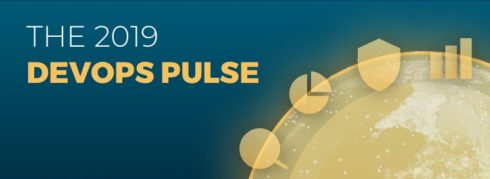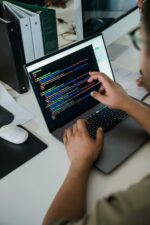
Observability is expected to play a big role among DevOps teams in 2020. Logz.io predicts we will see more investment in space, distributed tracing adoption, and tool consolidations throughout the year. The company released its 2019 DevOps Pulse report to see how teams have been approaching observability and what their plans are for the next year.
“Observability is one such concept–and achieving it is a huge challenge for software engineers across the globe. While most engineers can agree that observability is the practice of obtaining visibility into all layers of a system’s performance, questions such as what this means, what tools should be used, which signals should be examined, and more have yet to fully agreed upon,” the company wrote in a blog post.
For the DevOps Pulse report, the company surveyed about 1,000 engineers around the world. Some of its findings revealed that distributed tracing hasn’t been fully adopted yet, serverless is a huge obstacle to achieving observability, the tooling is too widespread, and machine learning is gaining momentum.
The report also found a majority of participants are using more than one monitoring or troubleshooting tool, with 63% using two to four tools and 14% using five or more. Additionally, participants are turning to open source for their tools. The types of tools being used in the space include log management and analysis (73.27%), infrastructure monitoring (40.03%), APM (28.03%), alerting (41.91%), and distributed tracing (9.54%).
When it comes to who is responsible for observability, almost half of the respondents cited developers, while 39% cited operations teams were involved also. The practices the teams are using to achieve observability included instrumentation, testing, anomaly detection, debugging, alerting, tracing and monitoring.
“While 2019 was a huge year for observability, we predict that 2020 will be even more significant,” the company wrote. “In 2020, the industry will dedicate even more focus on observability, coming up with tangible strategies, methods, and tools that software engineers can use to understand their system’s performance.”








